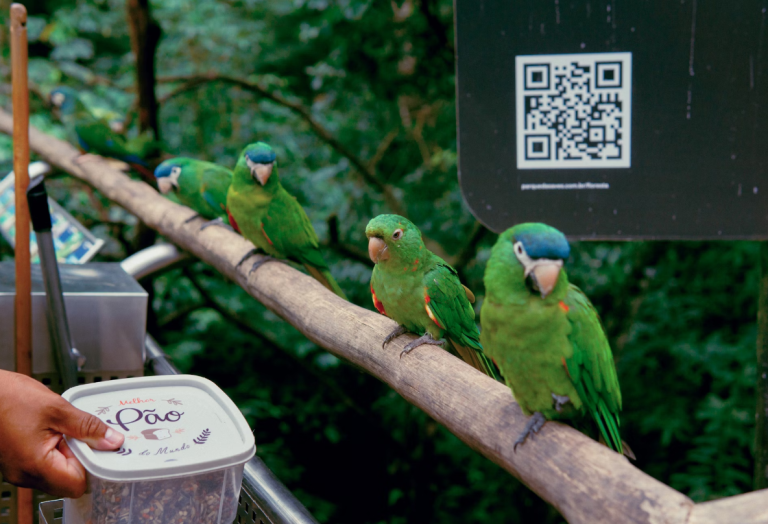The pitch was irresistible: an AI so powerful it could generate human-like text without the need to search the web, trained on oceans of data, ready to answer anything. And to a large degree, ChatGPT delivered on that promise. It can draft essays, debug code, explain quantum physics, and even role-play Shakespeare. But beneath the polished surface, there’s a less flashy truth—ChatGPT still leans on Google Search.
The Myth of the Self-Sufficient Machine
Part of the mystique around large language models was that they seemed self-contained. The narrative painted them as libraries with infinite shelves, each book already written and waiting to be opened. But the reality is messier. Models are trained on static data that grows stale quickly. They know a lot, but they don’t know the news from five minutes ago.
That’s where Google comes in. For queries tied to the real-time world—earnings reports, breaking headlines, live sports results—ChatGPT taps external search engines. And more often than not, that means Google.
It’s an irony that hasn’t gone unnoticed: the AI touted as a “Google killer” still borrows the old giant’s eyes when it needs to see what’s happening right now.
Why Search Still Matters
The reason is simple: data has a half-life. A model trained in 2023 may not know what happened in August 2025. A static system can’t keep pace with elections, market swings, or even the release of the latest iPhone. Search fills the gap, pulling fresh information into conversations that would otherwise stall.
For users, it feels seamless. Ask about Bitcoin’s price or who won yesterday’s match, and ChatGPT produces an answer as if it already knew. But under the hood, the AI has quietly leaned on the same search infrastructure billions of people rely on daily.
The Marriage of Old and New
There’s no shame in it, really. Search engines are optimized for retrieval, not reasoning. Language models are optimized for reasoning, not retrieval. Together, they form something greater: search provides facts, and AI provides context. Google was never the enemy; it’s become the wingman.
Yet this hybrid model raises questions. If ChatGPT depends on search, who gets to decide which sources it trusts? How much of its voice is AI, and how much is inherited from the web’s top-ranked results? Transparency matters, especially as people begin to treat AI output as truth rather than synthesis.
Cultural Irony, Business Reality
In tech circles, there’s a wry smile at all this. The same product once hyped as the “end of Googling” is, in some respects, Googling more than any of us. It’s a reminder that Silicon Valley often builds narratives faster than it builds products.
But from a business standpoint, it makes sense. Google Search remains unmatched in reach and speed. To ignore it would be like a news outlet refusing to cite wire services. Even disruptors need foundations.
The Takeaway
So yes, ChatGPT is brilliant, surprising, and often uncanny. But it isn’t an oracle sealed away from the world. It still has to peek outside its own head sometimes. And when it does, it’s often staring through the same familiar search bar we’ve been typing into for decades.
In other words, the future of AI doesn’t erase Google—it coexists with it. For all the talk of machine independence, the truth is more human: even the smartest systems still rely on their predecessors to stay grounded.







